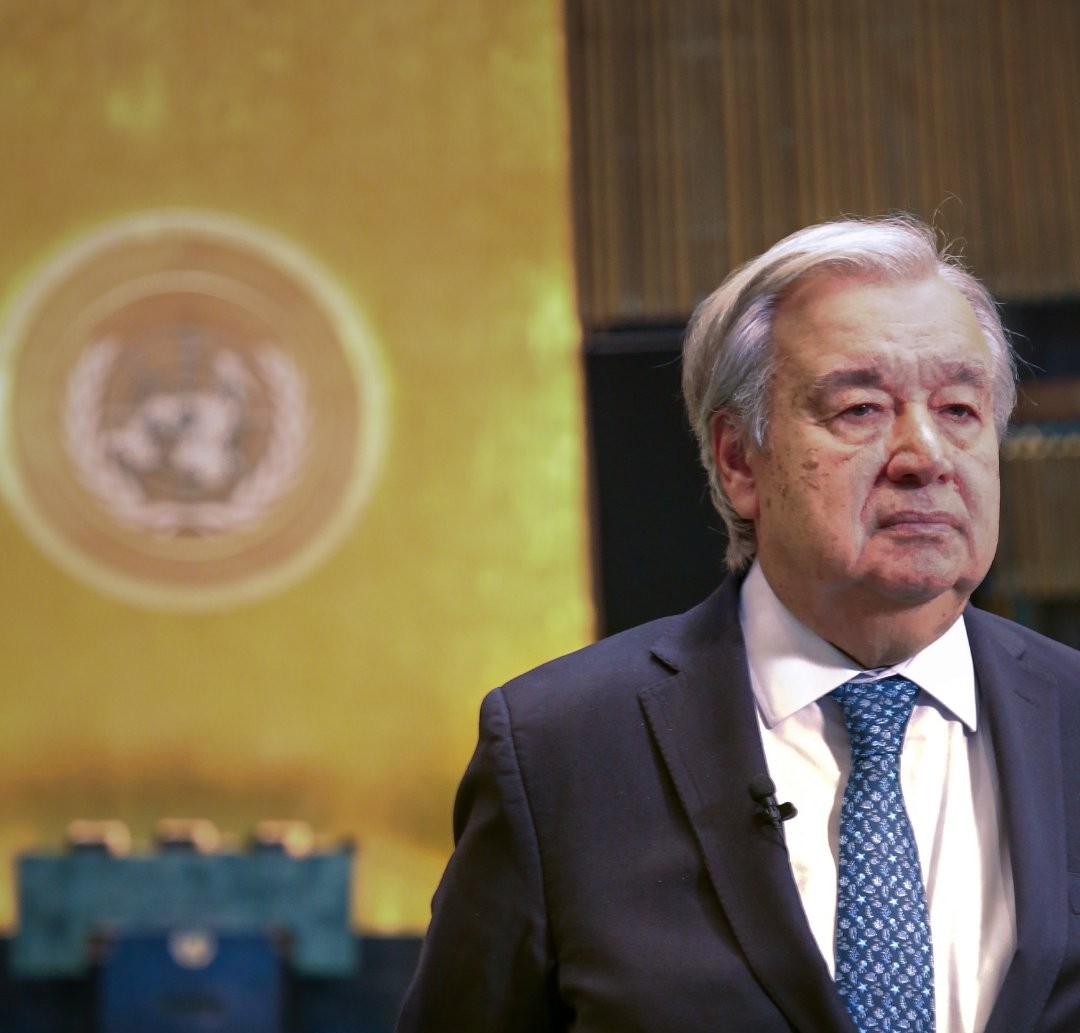UN High Commissioner for Human Rights Volker Turkhas raised a range of concerns, which may pose a serious risk to the effectiveness of the judiciary to defend the rule of law, human rights, and judicial independence, writes Asad Mirza
The Israeli Parliament has given initial approval to several pieces of legislation, including a Bill protecting the prime minister from being declared unfit for office, or incapacitated, and another to allow settlements in the northern West Bank.
Israel’s Parliament, The Knesset, on March 14 advanced a Parliamentary Bill that would let lawmakers pass laws that the Supreme Court cannot overturn — a key piece of legislation in Benjamin Netanyahu government and his allies’ proposed judicial overhaul that has divided the country.
The new Bill aimed at weakening the Supreme Court passed first reading, alongside a Bill that would protect the PM from removal, and another that would allow more settlements in northern Israel. These laws have been passed despite months of protests against the first law.
The Knesset worked till the early hours of March 14 morning to pass the first reading of the Bill, which has been one of the main priorities of Prime Minister Benjamin Netanyahu and his governing coalition of far-right and ultra-Orthodox religious parties.

Controversial Bills
Earlier, on Monday night, in another win for Netanyahu, the Parliament also advanced a Bill that would make it harder to remove the prime minister over the corruption charges that still hang over him.
The Bill would allow the Parliament to declare a prime minister unfit to rule only due to physical or mental reasons and would replace a current law that allows the court or the Parliament to remove a leader under other circumstances.
The new Bill would require approval by three-quarters of the government, and could be overridden by the prime minister.
The proposed change to the rules overseeing the removal of a prime minister is of personal importance to Netanyahu, who returned to power late last year after Israel’s fifth election in less than four years.
He is on trial on charges of fraud, breach of trust and accepting bribes, and denies the allegations. The proceedings have dragged on for nearly three years.
Another Bill that passed the first reading would allow more settlements in the northern occupied West Bank, which would lead to the legalisation of settlement outposts considered illegal even under Israeli law.
The vote comes only weeks after Israeli settlers rampaged through a Palestinian town last month, killing one man and setting fire to dozens of homes and cars. Settlements in the occupied West Bank and East Jerusalem are already considered illegal under international law.
Palestinian citizens of Israel, who make up some 20 per cent of the population, have been largely absent from the protests, in part because they suffer from discrimination in Israel and because of Israel’s treatment of Palestinians in the occupied West Bank and blockaded Gaza Strip.
Israelis have killed at least 70 Palestinians this year under Israel’s new government, many of them during Israeli military raids.It brings up the total of Palestinians killed in the occupied West Bank over the past year to more than 220.
Criticism of the Bills
The steps were the latest in a series of moves by Netanyahu’s coalition to overhaul Israel’s legal system. The prime minister and his allies say the effort is aimed at reigning in an activist court. Critics say the drive would upend the country’s democratic checks and balances, defang the Supreme Court, and concentrate power in the hands of Netanyahu and his parliamentary majority.

Speaking to members of his Likud party on Monday, Netanyahu lashed out at the Israeli media, saying they are broadcasting a “never-ending tsunami of fake news” against him. He reiterated his claim that the legal changes will strengthen Israeli democracy. We can find echoes of these sentiments elsewhere, too.
Netanyahu and his ultranationalist and religious coalition allies have pledged to plough ahead with the legal changes despite demonstrations by tens of thousands of Israeli protesters over the past two months.
Business leaders, legal experts and retired military leaders have joined the protests against the judicial overhaul, and Israeli reservists have threatened to stop reporting for duty if the overhaul passes.
Opposition lawmaker OrnaBarbivai said the bill was “a disgrace, which says the prime minister is above the law”.
Natan Sachs, Director, Centre for Middle East Policy at the Brookings Institute described this legislation as the most far-reaching revolution ever in the state’s constitutional makeup. According to him this proposal would all but abolish the role of the Supreme Court as the sole check on executive and legislative power in Israel. In short, he says, in Netanyahu’s new Israel, the slimmest of majorities could decide anything, and it is pure, unbridled majoritarianism.
UN High Commissioner for Human Rights Volker Turkhas raised a range of concerns, which may pose a serious risk to the effectiveness of the judiciary to defend the rule of law, human rights, and judicial independence. He described these as changes going to the heart of a country’s long-standing constitutional structure.
The Israeli Opposition too is up in arms against the Bills, opposition leader YairLapid said that “we are fighting for our children’s future, for our country’s future. We don’t intend to give up”. Leaders in the booming tech sector have warned that weakening the judiciary could drive away investors.
The overhaul has also prompted otherwise indifferent former security chiefs to speak out, and even warn of civil war. The plan has even sparked rare warnings from the US, Israel’s chief international ally.
US Ambassador Tom Nidesat a podcast said that Israel should “pump the brakes” on the legislation and seek a consensus on reform that would protect Israel’s democratic institutions.
As the critics both with and outside Israel say, these steps are in rune with the majoritarian policies of the ultra-right wing political elements in Israel and apart from providing a recluse to the prime minister from corruption cases they are also aimed at denying the right of self-determination to the Palestinians in the occupied territories.
(Asad Mirza is a political commentator based in New Delhi)














